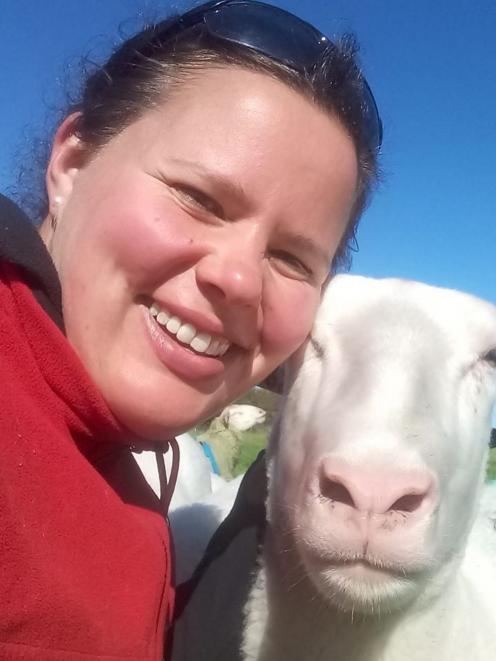
Heather and Rodney McMillan moved from Upper Hutt to Springston, near Lincoln, in 2016 to follow their dream of milking sheep. Their daughter, Katrina, joined them the following year.
They converted a former cow dairy farm into a sheep dairy and will open their Lonsdale Sheep Dairy farm gate as part of the Open Farms Day initiative on Sunday, March 1.
Mr McMillan was born and bred in Canterbury and four members of the family of five had attended Lincoln University, so the decision to move was not a difficult one, Mrs McMillan said.
After attending the inaugural New Zealand Sheep Milk Conference in 2015, the McMillans realised milking sheep would fulfil their dream of farming in an environmentally sustainable way and could be done on a relatively small farm.
Within months they were the proud owners of a small flock of East Friesian sheep. There was just one problem — they did not own a farm.
The ewes were sent to graze in Southland while their owners searched for a suitable property. Eventually Mr and Mrs McMillan found a 35ha farm for sale at Springston.
The farm had milked cows since the late 1800s and had a herringbone milking shed, which needed to be converted for sheep milking.
This meant downsizing most of the hardware as the milk volume would be much less.
Sheep bales were installed so the ewes could munch on barley while they were being milked.
The farm had plenty of shed space, including a single stand shearing bay, and calf pens which "make an excellent space for raising orphan lambs", Mrs McMillan said.
"We’ve got a great winter feed pad which had been used for the cows. Now for a couple of hours every day in the winter the sheep are brought in for a break from the paddocks.
"They think lying on the warm dry concrete while chomping on hay and baleage is heaven."
The now 200-strong ewe flock was lambed in September, and was milked once a day from November to February or March, while the hoggets were lambed in October and joined the older ewes in the milking shed from mid-December.
"We wean at six weeks and were thrilled with 209% lambing at weaning this year. We have a lot of triplets, so to make it easier on the ewe we tend to take the weakest or smallest triplet away and hand-rear them," Mrs McMillan said.
"We start milking in November, by which time most of the lambs have reached 15kg and are suitable for weaning. Anything under that weight gets to stay with the mother for a bit longer."
The McMillans saw a lot of potential for a sheep dairy industry, but there was a lack of processing facilities in the South Island.
In the meantime the McMillans were working with three other farmers to supply cheesemakers around the South Island and had started a soap business, selling handcrafted sheep milk soap.
The predominantly East Friesian flock had a Lacaune (a French breed) bloodline bred into them.
"The goal is to improve the genetics so we can produce more milk without increasing the number of ewes we need to farm, to help achieve the sustainable farming system that we are working to achieve," Mrs McMillan said.
"We’ve learned a lot over the last few years. Our farming skills have improved and it is very rewarding to look out in the paddocks at happy healthy animals.
"We have had wonderful support from the sheep milking and rural community."
The McMillans were using regenerative farming methods to ensure they had healthy and sustainable soil and pastures.













